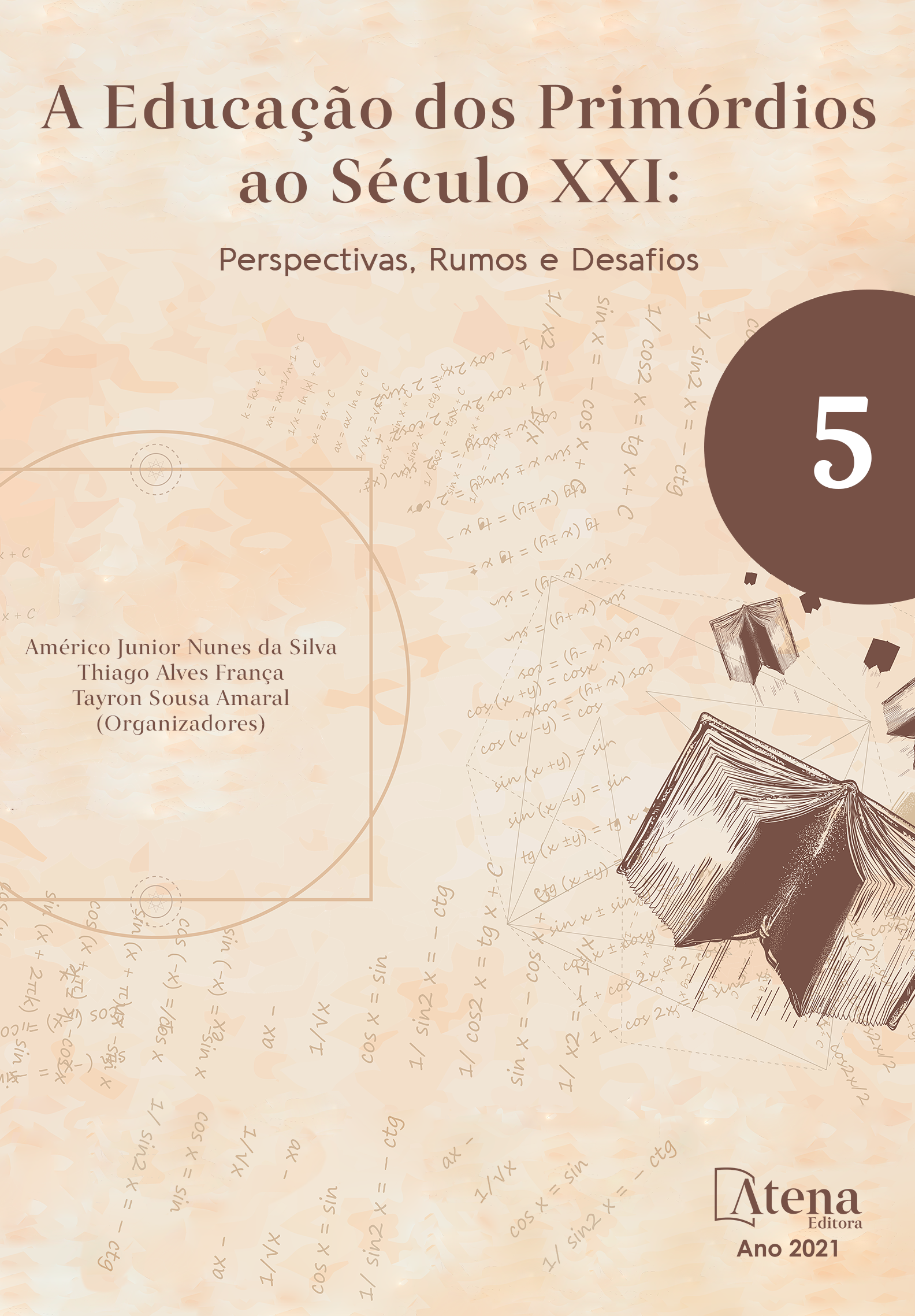
O PROFESSOR E O DESAFIO DE AVALIAR A ESCRITA DE UM (A) ALUNO (A) SURDO (A)
O surdo se apropria do mundo de forma diferente, sua língua é a Libras e a aquisição da sua linguagem acontece pelo canal visual e não auditivo o que dificulta a associação dos sinais à escrita. Seus textos em português são incomuns, e o professor se depara com esse obstáculo ao avaliar. Este trabalho objetiva compreender como se dá o processo de escrita do aluno surdo e os principais desafios enfrentados por eles e considerar as dificuldades que eles encontram ao frequentar o ensino da educação básica. O ambiente pesquisado foi um Colégio Estadual do município de Guanambi, estado da Bahia, que atende surdos de toda a região, e os participantes escolhidos foram os alunos incluídos em uma das turmas e alguns professores veteranos que possuem alunos surdos em diversas classes. Foram utilizadas na realização desta pesquisa de abordagem qualitativa, a entrevista semiestruturada e questionários. Autores como, FERREIRA BRITO, GESSER.A, HOFFMANN, J. LUCKESI, PIMENTA, PERLIM, DAMÁZIO, assim como grande parte, em artigos, da Legislação Nacional que garante aos os surdos seus direitos, entres outros, este trabalho traz autores também que postulam acerca da educação e língua do surdo além de como se dá o trabalho dos professores da educação básica. Alguns relatos demonstraram embaraço dos professores na comunicação com os alunos surdos, dificuldade em avaliar, pouca utilização de recursos imagéticos nas aulas, e acomodação pela presença do intérprete na sala, dentre outros. Os alunos sentem complexidade nas atividades e se queixam da incompreensão das aulas por falta de recursos. Percebe-se que falta uma busca por metodologias que contemplem o surdo, e o conhecimento da Libras, para que o trabalho desenvolva de maneira satisfatória e a inclusão aconteça realmente.
O PROFESSOR E O DESAFIO DE AVALIAR A ESCRITA DE UM (A) ALUNO (A) SURDO (A)
-
DOI: 10.22533/at.ed.4582110032
-
Palavras-chave: Surdez. Professor. Escrita. Avaliação. Inclusão.
-
Keywords: Deafness. Teacher. Writing. Evaluation. Inclusion.
-
Abstract:
The deaf appropriates the world differently, their language is Libras and the acquisition of their language happens through the visual and non-auditory channel, which makes it difficult to associate signals to writing. Its Portuguese texts are unusual, and the teacher is faced with this obstacle when evaluating. This work aims to understand how the writing process of the deaf student and the main challenges faced by them and to consider the difficulties that they encounter when attending basic education. The researched environment was a State College from the municipality of Guanambi, state of Bahia, which serves deaf people from all over the region, and the chosen participants were students included in one of the classes and some veteran teachers who have deaf students in different classes. This qualitative research was used to conduct the interview semi-structured and questionnaires. Authors such as FERREIRA BRITO, GESSER.A, HOFFMANN, J. LUCKESI, PIMENTA, PERLIM, DAMÁZIO, as well as a large part, in articles, of the National Legislation that guarantees deaf their rights, among others, this work also brings authors who postulate about education and language of the deaf as well as how basic education teachers work. Some reports demonstrated teachers' embarrassment in communicating with deaf students, difficulty in evaluating, little use of imagery resources in classes, and accommodation by the presence of the interpreter in the room, among others. The students feel complex in their activities and complain about the lack of understanding of classes due to lack of resources. It is noticed that there is a lack of search for methodologies that contemplate the deaf, and the knowledge of Libras, so that the work develops satisfactorily and the inclusion really happens.
-
Número de páginas: 10
- Daniella Brito de Oliveira Cotrim
- Luciana Maria P. Rocha


